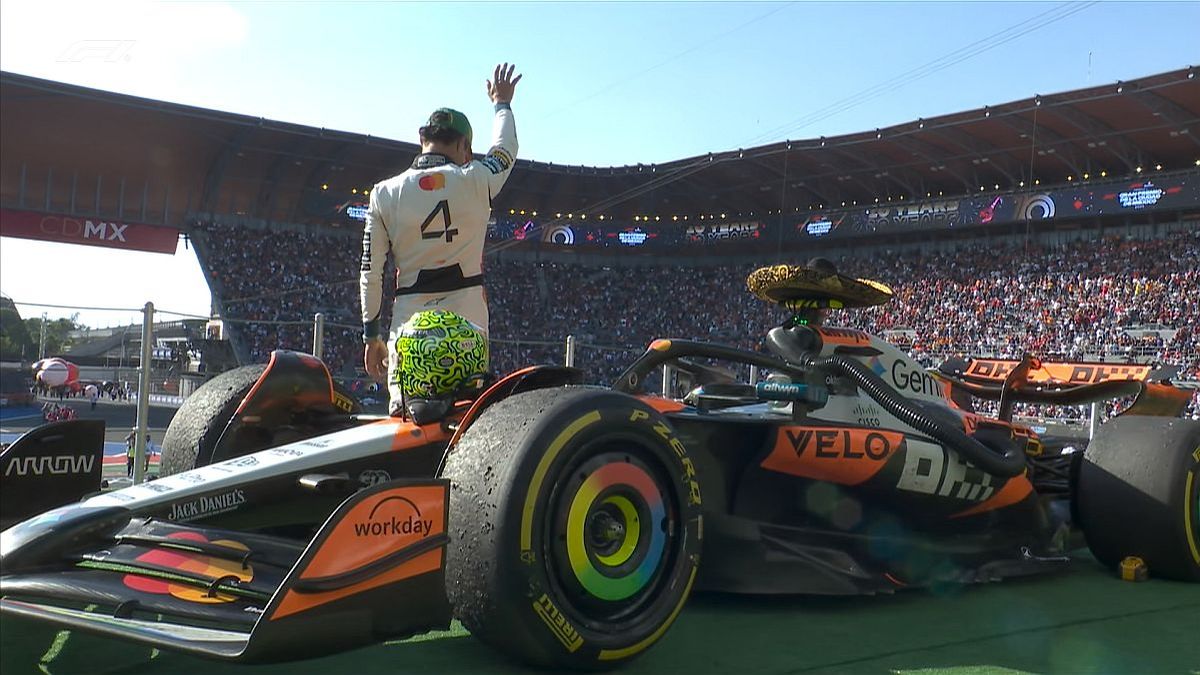After the budget verdict, there was a new controversial topic: the debt brake. The SPD and the Greens want to get rid of them, the FDP doesn’t. Now the finance minister could at least warm up to smaller changes. This is what you need to know now.
Federal Finance Minister Christian Lindner (FDP) continues to reject a fundamental reform of the debt brake, as demanded by the SPD and the Greens – but not a partial reform. He wants to tackle it next year. The amount of possible debt should be based more closely on economic fluctuations. However, some Union Prime Ministers also want general changes to the mechanism for limiting national debt in order to enable more investments that will only pay off later. Others in the Union are against it, and Schleswig-Holstein’s Prime Minister Daniel Günther has now joined them.
Lindner told the Germany editorial network that there were plans to revise the calculation of the so-called economic component, which leaves more leeway in the event of a downturn. But that has nothing to do with the federal government’s current budget situation.
What does Lindner imagine?
“The intention is to adapt the calculation to the current state of economic research, which will change the range of fluctuations,” explained Lindner. “But over several years, this does not increase the possible debt. Because the greater scope in the downturn is collected again in the upswing,” he said. He wants to tackle the reform in 2024.
Could the coalition even do this alone?
The debt brake anchored in the Basic Law has come under criticism following the federal budget chaos because it only provides a certain amount of leeway for taking out loans. For a major reform called for by the SPD and the Greens, a two-thirds majority is required in both the Bundestag and the Bundesrat. However, the FDP and large parts of the Union are against it. According to the RND, no change to the Basic Law is necessary to adjust the economic component. The majority of the traffic light coalition is enough because all that would be necessary is to amend the debt brake’s implementing laws.
What would be the case for major reform?
“I think investments in the future are absolutely necessary,” said Berlin’s Reacting Mayor Kai Wegner (CDU) to the German Press Agency. “Neither Berlin nor other federal states nor the federal government can manage this from the budget.” The investment and renovation backlog in traffic routes, bridges, schools, police and fire stations is enormous because many things have been subject to wear and tear over the years. It’s also about company settlements, especially in eastern Germany – and about retaining these companies. In addition, Wegner faces enormous challenges, for example in climate protection or housing construction. Wegner said he wasn’t interested in election gifts for citizens to consume more, but rather “about the vitally important investments that our country needs now.”
And what do the opponents say?
They also include Union faction leader Friedrich Merz (CDU), who had already reprimanded Wegner because of his position. Schleswig-Holstein’s Prime Minister Günther also sees it like Merz. “Nothing will get better if you take on debt for the sake of debt and shift the burden to future generations,” Günther told the dpa. “We must not permanently spend more money than we earn.” Governments must take this into account. “I think the debt brake is right and also the current regulations,” he said. “We have to invest money in the future. But I fear that it would be spent much more carelessly for other purposes if we changed the rules now.” This has happened often in the past.
Why did the discussion arise?
In mid-November, following a lawsuit from the Union parliamentary group, the Federal Constitutional Court declared the reallocation of 60 billion euros in the 2021 budget to the climate and transformation fund to be null and void. The judges also decided that the federal government cannot set aside emergency loans for later years. This created billions in holes in the federal budget, the financing of which the traffic light coalition of the SPD, Greens and FDP was only able to agree on this week after weeks of dispute.
Source: Stern
I have been working in the news industry for over 6 years, first as a reporter and now as an editor. I have covered politics extensively, and my work has appeared in major newspapers and online news outlets around the world. In addition to my writing, I also contribute regularly to 24 Hours World.




